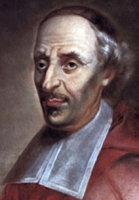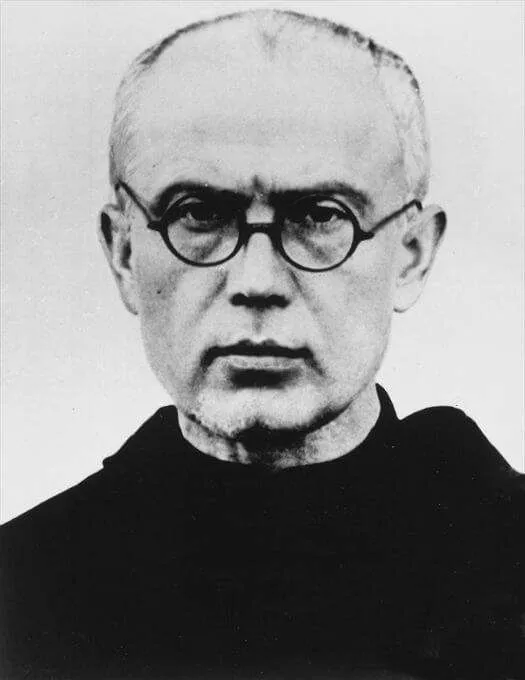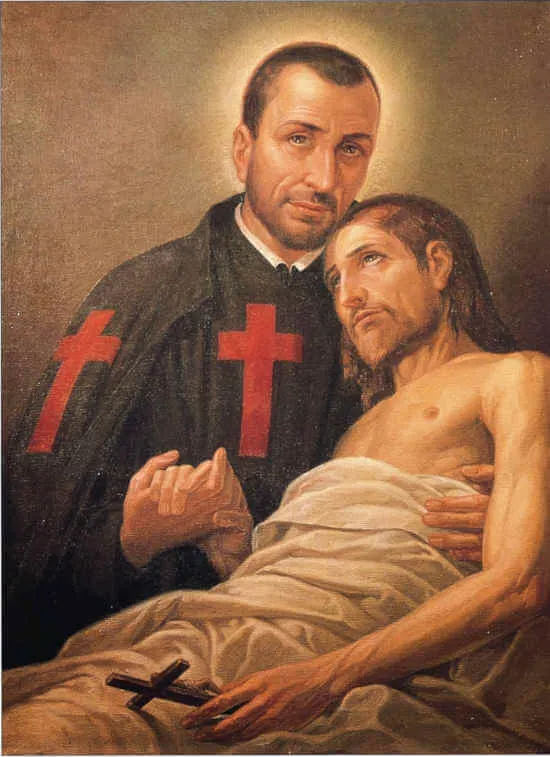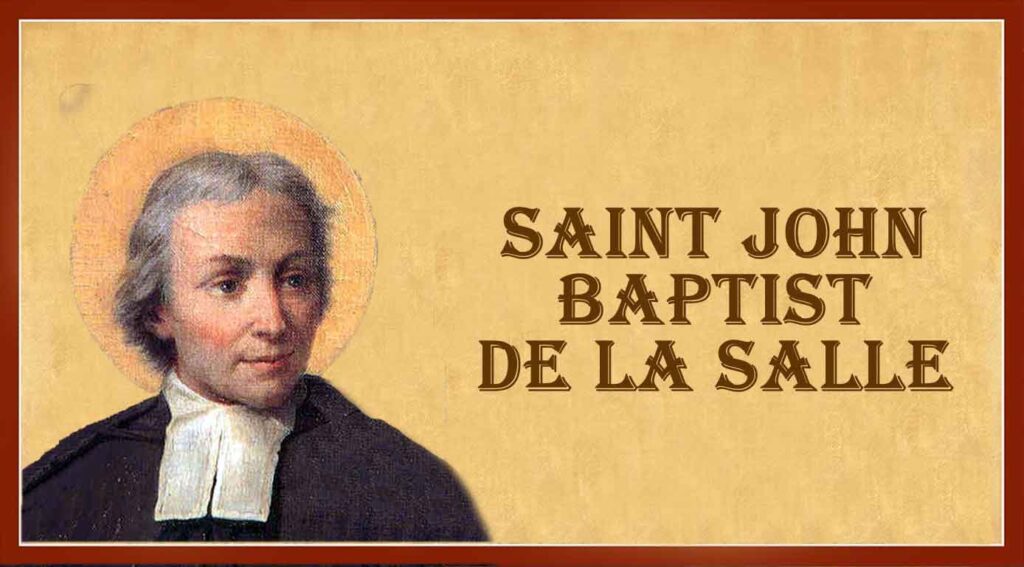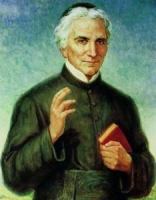Profile
Francis was the third son of Hughes de Laval, an aristocrat soldier, and Michelle de Péricard. His was an old, distinguished and religious family, and Francis early felt a call to the priesthood. He was educated by Jesuits at La Fleche from ages eight to fourteen. His father died when he was thirteen, and as clerical positions were often as much politics as religion, Francis was made a parish canon so that his salary could help support the family.
Francis studied for the priesthood at the Jesuit Clermont College in Paris, France at age nineteen, but withdrew for a while in 1645 when his two older brothers died and he was forced to manage the family estates. He was ordained on 1 May 1647. He became the archdeacon of Evreux and a member of the Paris Foreign Mission Society at age thirty. He was a Vicar apostolic of Tongkin, Indochina (modern Vietnam) in 1653, but family obligations and the turmoil of the region prevented him moving there. He resigned his position in 1654 to spend four years in a hermitage in Caen. He was also a titular bishop of Petraea.
Francis was appointed vicar apostolic of New France (modern Canada) by Pope Alexander VII in 1658. He was consecrated as bishop on 8 December 1658. He arrived in Quebec City, population 500, to take up his new duties on 16 June 1659. His territory covered all of Canada and the central section of what would become the United States. It was an enormous frontier diocese in need of administration, stability, and evangelization, and Francis approached it as spiritual work. He promoted missionary work, and supported missionaries from the Jesuits and Recollect Franciscans.
Francis restored the shrine of Saint Anne de Beaupré, and built the cathedral of the Immaculate Conception. He founded the seminary of Quebec in 1663, and started the Catholic school system throughout Canada. Quebec was established as a diocese in 1674, and Laval consecrated its first bishop. He fought the alcohol trade to the Indian tribes, had it outlawed within his territory, and excommunicated those who dealt in it. His work slowed the trade and improved the lives of the natives, but made him many enemies within the liquor trade.
In 1684, Francis went into retirement, becoming a hermit at the seminary in Quebec, hoping to live out his life in prayer. However, disastrous fires in November 1701 and October 1705 brought him out of retirement to oversee needed re-construction, he was ever involved in charitable work for the poor, and available to consult with his successor. Laval University in Quebec is named for him.
Born
- 30 April 1623 in Montigny-sur-Avre, Normandy, France
Died
- 6 May 1708 in Quebec, Canada of natural causes
Canonized
- 3 April 2014 by Pope Francis (equipollent canonization)
Patronage
- patrons of the bishops of Canada
Source: http://catholicsaints.mobi/calendar/6-may.htm


